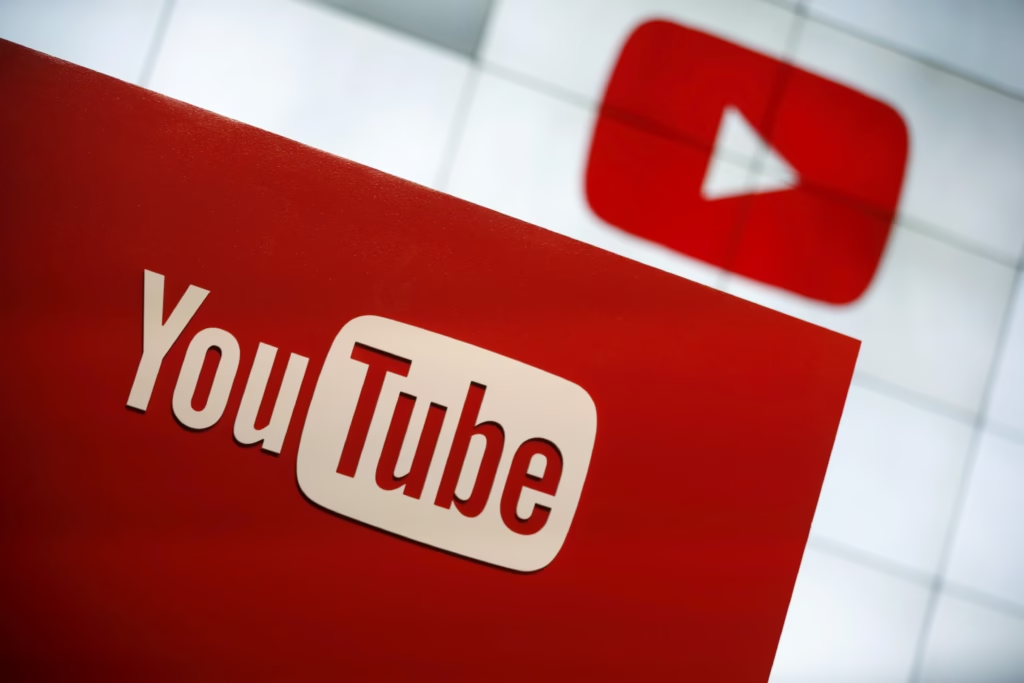seniorspectrumnewspaper – YouTube is updating its monetisation policy to better identify and limit mass-produced and repetitive videos. The platform’s YouTube Partner Programme (YPP), which controls monetisation, has long required creators to post original and authentic content. Now, starting July 15, YouTube will increase scrutiny on videos that are repetitive or heavily borrowed from other creators. This update aims to reward originality and reduce the spread of low-effort content.
Read More : Apple MacBook Pro With M5 Chip May Launch in 2025
The policy clarifies that creators must either produce their own unique content or significantly transform borrowed material before monetising. YouTube defines repetitive content as videos made mainly to gain views rather than entertain or educate audiences. This category includes clickbait, templated videos, and low-effort uploads. The platform seeks to adapt its policy to address new content trends and tactics used to artificially boost views, such as mass reposting and minor edits of existing videos to exploit algorithms.
While YouTube did not specify penalties for violations, creators who fail to meet these standards could see reduced or removed monetisation. The changes reflect YouTube’s ongoing efforts to promote quality content and maintain trust between creators and viewers. The update also highlights YouTube’s focus on authenticity amid evolving content creation methods, including potential challenges from AI-generated videos, deepfakes, and automated voiceovers, which complicate content verification. This move aims to ensure a fairer, more engaging platform for users and advertisers alike.
Eligibility and Impact on YouTube Creators
To earn money on YouTube, creators must meet minimum eligibility criteria under the updated policy. They need at least 1,000 subscribers and either 4,000 valid public watch hours in the past 12 months or 10 million valid public Shorts views in the last 90 days. This ensures that monetisation remains accessible to active and engaged creators who produce valuable content.
The revision encourages creators to focus on originality and meaningful engagement rather than relying on repetitive formats or recycled content. YouTube’s stricter rules could reduce the visibility and income of channels that use low-effort tactics or replicate others’ work. Creators using AI-generated voices or reacting to others’ videos without adding significant value might face monetisation challenges.
Read More : Microsoft Confirms Xbox Chief Phil Spencer Not Retiring
This policy update serves as a reminder for creators to prioritize quality and authenticity in their videos. It also signals YouTube’s commitment to improving the platform’s ecosystem by rewarding genuine creativity. Moving forward, creators will need to innovate and diversify their content to thrive under these revised monetisation guidelines. The change marks an important step in maintaining a fair and sustainable environment for all YouTube users.


